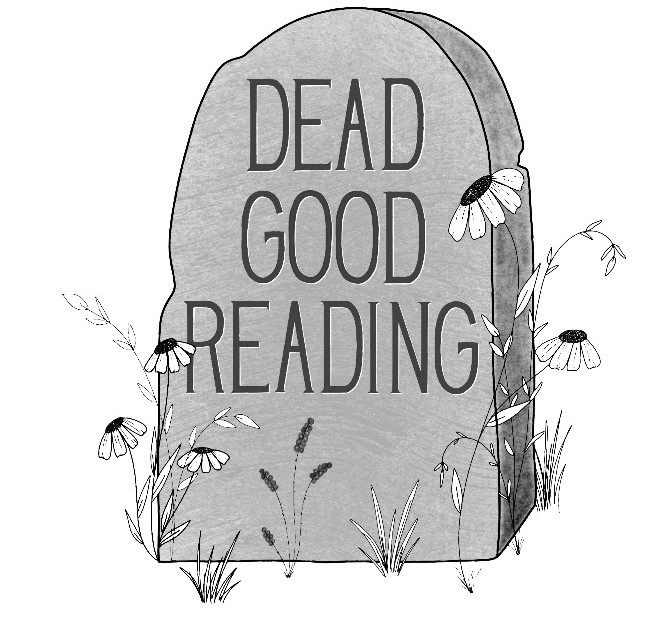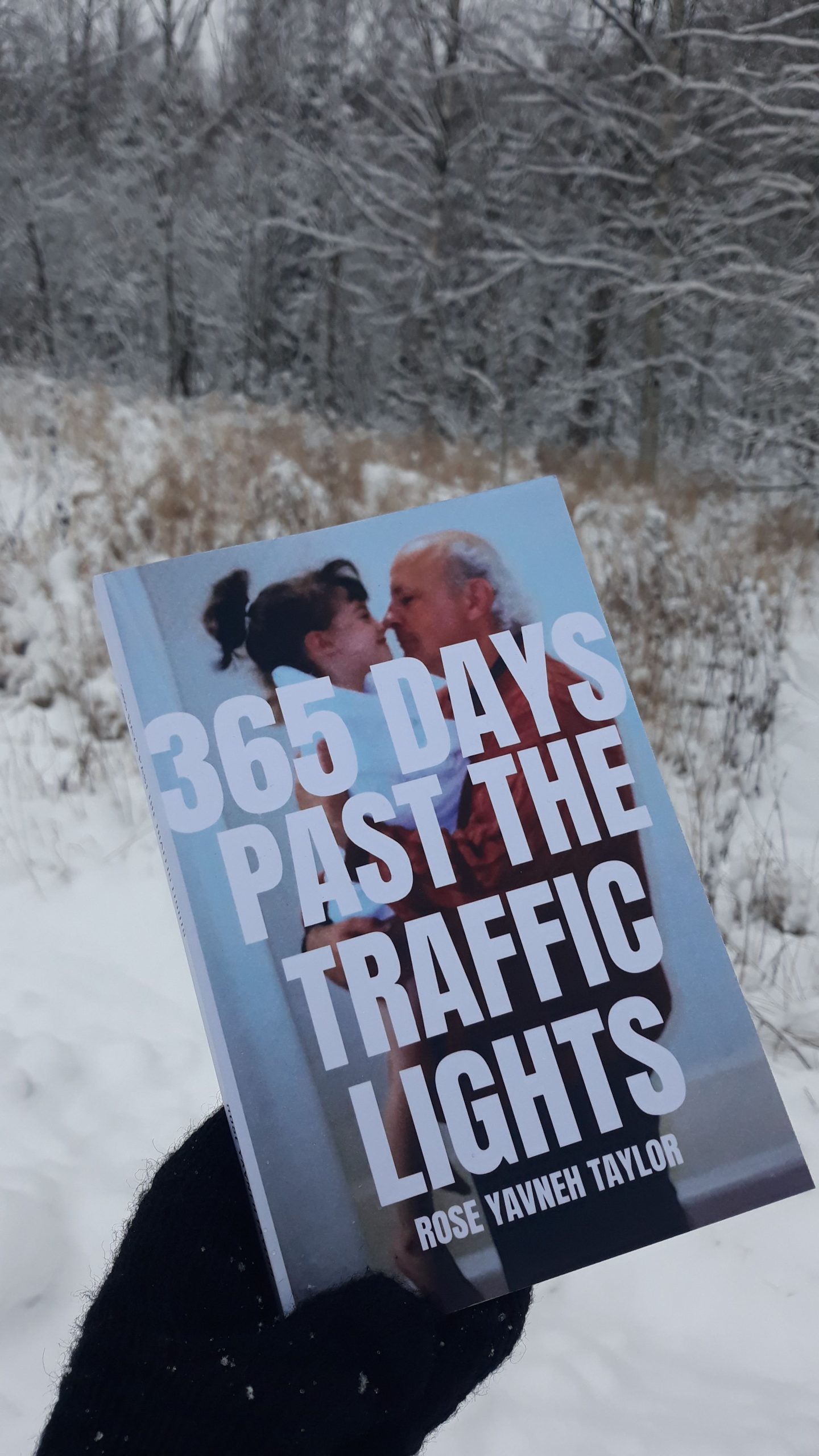Originally published 26 April 2021
This memoir, written by twentysomething Rose Yavneh Taylor, explores the impact and messiness of losing a parent in young adulthood. She argues that while there are plenty of self-help and other books available about grief and bereavement, few focus on the experiences of people in this particular stage of life. Young adults, twentysomethings, or however you wish to call them, are in an odd bind between childhood and adulthood. No longer children but also not yet identifying as ‘proper’ adults. The death of a parent can really pull the rug from under people, and this was definitely the case for Yavneh Taylor.

Yavneh Taylor was born to an English mother and American father, and has divided her life between Gloucestershire and Los Angeles. She spent most of her time in England, while her father was working as a television and film producer in LA. 365 days touches on the interesting overlap between the deaths of persons and the death of places. Yavneh Taylor had “an American life” and “an English life”, and when her father died in the US, the American part of her life also died. The meaning and feelings attached to a place she used to call home changed drastically.
Just as grief is not linear, you don’t have to read Yavneh Taylor’s book back to front. Instead you can dip in and out as you please.
Yavneh Taylor tried to find solace in various theories about grief. Yavneh Taylor notes that she did not get much out of Elisabeth Kübler-Ross’s five stages theory, which most people will have heard about. The five stages are denial, anger, bargaining, depression and acceptance. Kübler-Ross’s theory is an idea that has started to live a life of it’s own. I am therefore not surprised that Yavneh Taylor got little out of it as, despite popular misconception, this is NOT a theory about grief. Instead these stages are about the experience of people dying, and them coping with the fact that they are dying. Coming to terms with your own mortality or coming to terms with the death of a loved one are distinct experiences surely not covered by the same model. I am not surprised that Kübler-Ross was Taylor’s starting point in learning about grief, but this misconception points exactly to the need of books on grief and bereavement that go beyond this theory.
As I am writing this in times of COVID-19, a time where death and dying are very much in our face all the time, it is important to note that some things that are considered ‘new’ or ‘caused by corona’, where actually already common place prior to the global pandemic. An example of this is the live-streaming of funerals, which is apparently not unusual in Hollywood, making funerals accessible for people who cannot physically attend the funeral.
Since the research I conducted for my Master’s in Medical Anthropology looked at parentally bereaved young adults in the Netherlands, this book really resonated with me (side note: both my parents are still very much alive). Commonalities between the participants in my study were questioning what they were feeling was ‘normal’, and the odd sensation that the person they wished to ask for guidance was the person that died. I wish I could have suggested Yavneh Taylor’s book to them, to show they are not alone in feeling this way.
365 Days Past the Traffic Lights is available both in paperback and e-book.


Leave a Reply